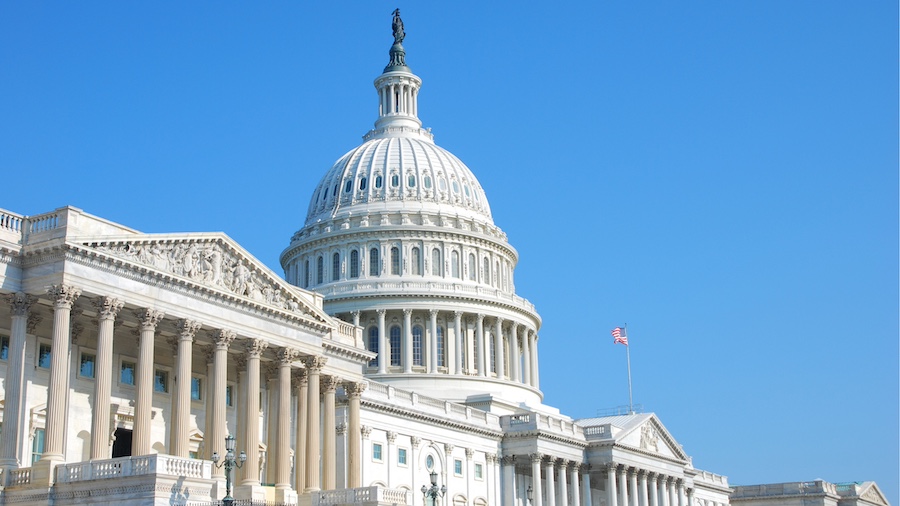There have been concerning reports recently about rising antisemitism on college campuses in the US, capped by presidents of three elite schools called to give testimony to Congress. This did little to quell concerns, and has indeed raised new ones.
This brings us to our present concern: the presence of antisemitism at top colleges in the US, and what, if anything, colleges are doing about it. We’ll delve into these questions in this article, to learn how concerned, if at all, you should be about this problem, and whether it should impact your college choices. We’ll do this by examining four top colleges, and seeing how each is dealing with reports of antisemitism: Harvard, Yale, MIT, and UChicago.
Harvard
Harvard was one of the schools called to testify before Congress, and received considerable backlash for the president’s comments. Harvard itself issued a statement clarifying its position, and defending the comments by Claudine Gay. Of course, Harvard may have their own lens by which they are viewing these issues. To understand whether or not this should be a concern for prospective students, we turn to the voice of current students, who are best positioned to know what conditions at the school are like for them.
The Harvard Crimson is a well respected publication, and can be considered a voice for Harvard’s students. While it clearly cannot be said to speak for every student, it can speak to the atmosphere on campus. Their editorial response to President Gay’s testimony, and the resulting backlash, is a wonderful example of this, and delves deep into the question we are investigating.
Yes, there are issues with antisemitism at Harvard, just as there are at elite universities across the country (and outside of them), but Harvard’s existing code of conduct serves to punish offenders while protecting the rights of students. They have taken action when students go too far.
What remains true, however, is that the bureaucratic wheels of justice are slow, and anger over headlines is generated quickly. While Harvard does have strong mechanisms to protect students, they also have commitments which make preventing all of these actions impossible. That said, Harvard remains at the forefront of education, and the majority of its students seem comfortable with the university’s current tack.
Yale
Yale was not called to testify before Congress, but this does not mean it has escaped the reckoning over antisemitism engulfing colleges. Yale Daily News, their student newspaper, posed the same questions asked by the committee to Yale’s own president, Peter Salovey. He was firm in his responses, demonstrating the university’s commitment to protecting its students.
This can be further seen in their response to antisemitic incidents, both on campus and around the town of New Haven. While there is spirited debate to be seen at the campus newspaper on how the university should respond to the challenges of the day, there seems to be a general satisfaction with the attempts the university is taking to provide for their students.
MIT
Alongside Harvard and UPenn, MIT’s president, Sally Kornbluth, was called to testify before Congress, though she has received far less negative response than the presidents of the other schools. MIT has sought to clarify both their position, and the concrete steps they have taken to ensure the safety of all their students through a statement they recently issued.
MIT is striving to take a middle ground between protecting the safety of their students, and enshrining the freedom of speech, while operating within the confines of their core rules and principles. Gauging student reactions is slightly harder however, as the Tech, MIT’s venerable student newspaper, is going through existential struggles of its own.
That said, MIT’s administration has taken numerous concrete steps to both insure the security of its students while protecting their right to free expression. While their efforts may not always be as fast or as effective as students desire, it is difficult to find any fault with their intentions.
UChicago
Like Yale, UChicago was not called to testify, but is grappling with the issues of antisemitism on its campus all the same. UChicago has long had a position of non positioning; they will allow full freedom of speech, but not take stands on most social issues as that is not the place of the university as a body. Instead, their role is to facilitate debate and dialogue.
This means that of all of the universities discussed here, UChicago has not authored much in the way of official statements, though they have still acted to defend students from actions which violate its code of conduct, or which threaten their ability to learn safely and in comfort.
The Chicago Maroon, the student newspaper, shows this debate live and well, as students argue through letters and protests as to what the university’s response should be, their enforcement of regulations, and whether they are doing too much or not enough.
Because of their lack of major official statements, UChicago has avoided much of the press shown to other large universities, but as with every other school, they are striving to do their best to support their students while remaining true to their core mission of education.
Final Thoughts
There are antisemitic incidents on campus, and a broader issue with hate which must be confronted in American society. These incidents garner far more headlines than the institutional responses to them, and the concrete steps these bastions of education are taking to ensure the safety, security, and comfort of their students. They are not perfect, and their own student bodies are more than happy to point out their shortcomings, but they are trying.
Being concerned about campus climate and safety is natural, especially when negative headlines dominate the news. If you look deeper, and see how the situations evolve, you can see top universities are working hard to confront these issues.
Ivy Scholars seeks to advise on every aspect of college admissions, and concerns about safety are a real factor when trying to build a college list that fits you. We hope that this article has shed light on what top schools are doing concretely for their students, and how the situations portrayed in braying headlines may not accurately reflect reality on campus. If you have any questions, about this or any other aspect of admissions, schedule a free consultation today. We’re always happy to hear from you.








